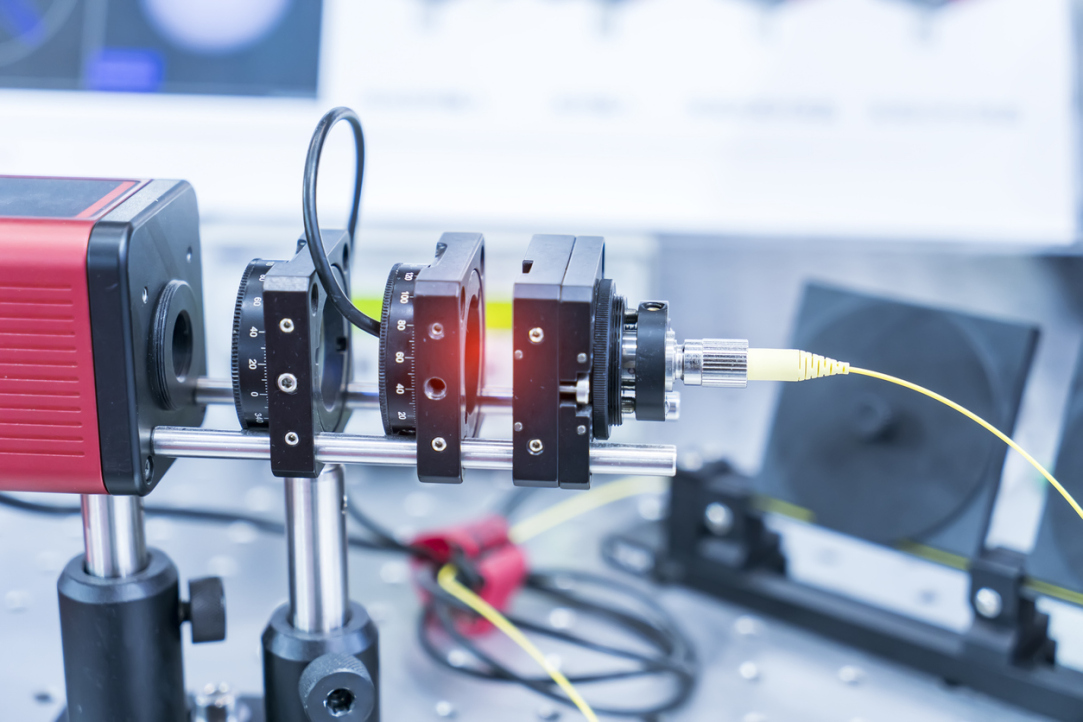
Analysing Genetic Information Can Help Prevent Complications after Myocardial Infarction
Researchers at HSE University have developed a machine learning (ML) model capable of predicting the risk of complications—major adverse cardiac events—in patients following a myocardial infarction. For the first time, the model incorporates genetic data, enabling a more accurate assessment of the risk of long-term complications. The study has been published in Frontiers in Medicine.

A New Tool Designed to Assess AI Ethics in Medicine Developed at HSE University
A team of researchers at the HSE AI Research Centre has created an index to evaluate the ethical standards of artificial intelligence (AI) systems used in medicine. This tool is designed to minimise potential risks and promote safer development and implementation of AI technologies in medical practice.

Smoking Habit Affects Response to False Feedback
A team of scientists at HSE University, in collaboration with the Institute of Higher Nervous Activity and Neurophysiology of the Russian Academy of Sciences, studied how people respond to deception when under stress and cognitive load. The study revealed that smoking habits interfere with performance on cognitive tasks involving memory and attention and impairs a person’s ability to detect deception. The study findings have been published in Frontiers in Neuroscience.

Russian Physicists Determine Indices Enabling Prediction of Laser Behaviour
Russian scientists, including researchers at HSE University, examined the features of fibre laser generation and identified universal critical indices for calculating their characteristics and operating regimes. The study findings will help predict and optimise laser parameters for high-speed communication systems, spectroscopy, and other areas of optical technology. The paper has been published in Optics & Laser Technology.

Smartphones Not Used for Digital Learning among Russian School Students
Despite the widespread use of smartphones, teachers have not fully integrated them into the teaching and learning process, including for developing students' digital skills. Irina Dvoretskaya, Research Fellow at the HSE Institute of Education, has examined the patterns of mobile device use for learning among students in grades 9 to 11.
.jpg)
Working while Studying Can Increase Salary and Chances of Success
Research shows that working while studying increases the likelihood of employment after graduation by 19% and boosts salary by 14%. One in two students has worked for at least a month while studying full time. The greatest benefits come from being employed during the final years of study, when students have the opportunity to begin working in their chosen field. These findings come from a team of authors at the HSE Faculty of Economic Sciences.

HSE University and Sber Researchers to Make AI More Empathetic
Researchers at the HSE AI Research Centre and Sber AI Lab have developed a special system that, using large language models, will make artificial intelligence (AI) more emotional when communicating with a person. Multi-agent models, which are gaining popularity, will be engaged in the synthesis of AI emotions. The article on this conducted research was published as part of the International Joint Conference on Artificial Intelligence (IJCAI) 2024.
.png)
Two HSE University Projects Receive Support for Commercialisation
At the end of August 2024, the first projects to receive funding as part of the commercialisation support measure were announced. Starting in September 2024, two projects from the HSE Faculty of Computer Science — CardioLife and Melange — were selected for financial support to aid in the commercialisation of their products and services, enabling them to enter the market.

Beauty in Details: HSE University and AIRI Scientists Develop a Method for High-Quality Image Editing
Researchers from theHSE AI Research Centre, AIRI, and the University of Bremen have developed a new image editing method based on deep learning—StyleFeatureEditor. This tool allows for precise reproduction of even the smallest details in an image while preserving them during the editing process. With its help, users can easily change hair colour or facial expressions without sacrificing image quality. The results of this three-party collaboration were published at the highly-cited computer vision conference CVPR 2024.

HSE Scientists Have Examined Potential Impact of Nuclear Power on Sustainable Development
Researchers at HSE University have developed a set of mathematical models to predict the impact of nuclear power on the Sustainable Development Index. If the share of nuclear power in the global energy mix increases to between 20% and 25%, the global Sustainable Development Index (SDI) is projected to grow by one-third by 2050. In scenarios where the share of nuclear power grows more slowly, the increase in the SDI is found to be lower. The study has been published in Nuclear Energy and Technology.

